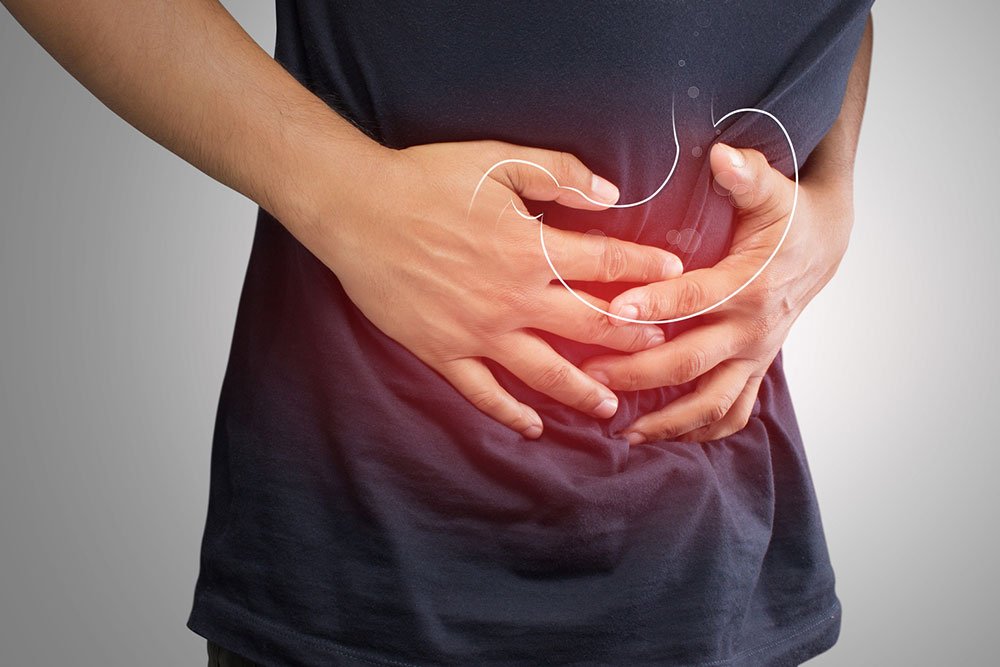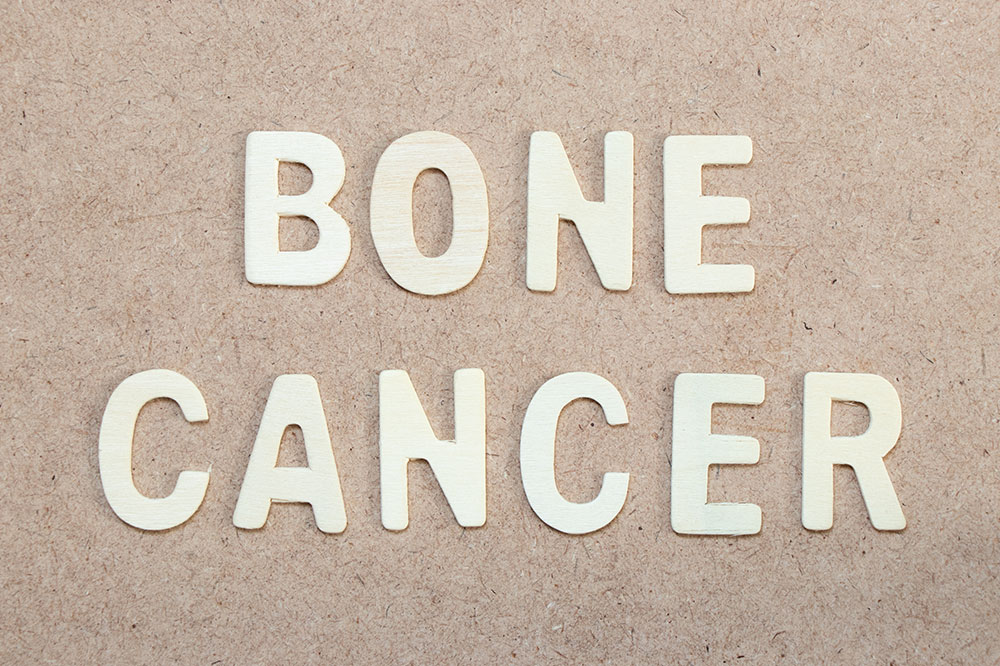12 early symptoms of gastric cancer

Gastric cancer, also known as stomach cancer, is a severe health condition that silently develops within the stomach lining, often without noticeable symptoms in its early stages. This makes early detection and diagnosis challenging, as the disease is frequently diagnosed at an advanced stage with limited treatment options. However, understanding the early warning signs and symptoms associated with gastric cancer can be crucial for early intervention and improved prognosis. Let’s look at some of them.
Persistent indigestion
One of gastric cancer’s earliest and most common symptoms is persistent indigestion or dyspepsia. If one frequently experiences discomfort or pain in the upper abdomen, accompanied by bloating, heartburn, or a feeling of fullness even after consuming small meals, it could be a sign that something is amiss. While indigestion is often attributed to food choices or stress, it should not be ignored if it persists for weeks or months.
Swelling or enlargement of the abdomen region
In some cases, gastric cancer can cause the stomach to enlarge or swell due to the growth of the tumor. This enlargement may lead to a visible and palpable mass in the abdominal area. So, if one notices unusual swelling or enlargement of the abdomen that cannot be attributed to bloating, it is essential to seek medical attention promptly.







